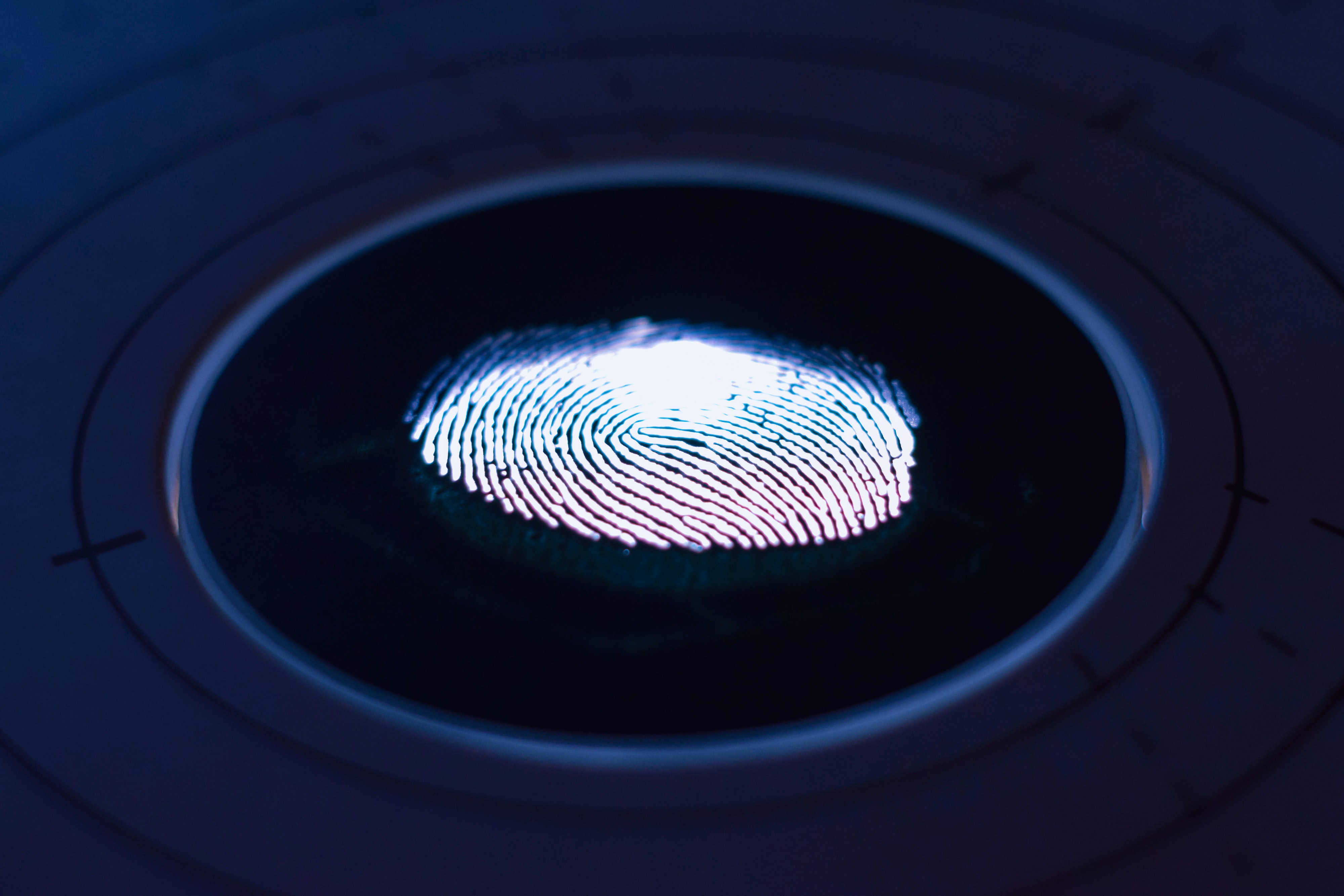The FBI database used for employment and volunteer screening contains one tenth the records of a commercial database (40 million vs. 450 million) with the majority of records lacking final dispositions. Yet stakeholders, lawmakers, school boards and administrators still believe it's the highest quality screen simply because it's the FBI. This flawed assumption is putting kids, staff and schools at risk every day.
The FBI database must depend on each state to send it information regarding arrests and convictions, and each state must depend on every jurisdiction or county to send it records. Arrests and dispositions must be "matched" successfully as well.
Unfortunately, because of the inconsistency and backlogs, this just doesn't happen. On average there are over 3,000,000 felony arrests in the U.S. in which fingerprinting are conducted each year. However, the backlog for unprocessed or partially processed fingerprint cards for the FBI database is on average over 200,000 each year. Thus a large amount of felony arrests are not part of the FBI database at the end of the year.
FBI Database Shortcomings
» Even less records than the “national” database
» Over 50% of records are missing final disposition
» Not all states or counties report to the FBI database
» The FBI itself warns against using it as a sole source
» Only contains fingerprint related offenses which often excludes lower level misdemeanors
Fingerprinting certainly isn't the gold standard. It's also more costly and takes longer than a professional grade screen. Why make your volunteers make special trips to be fingerprinted when they could apply from the comfort of their own home on a secure website? With less cost and a better experience, could volunteerism rise?



